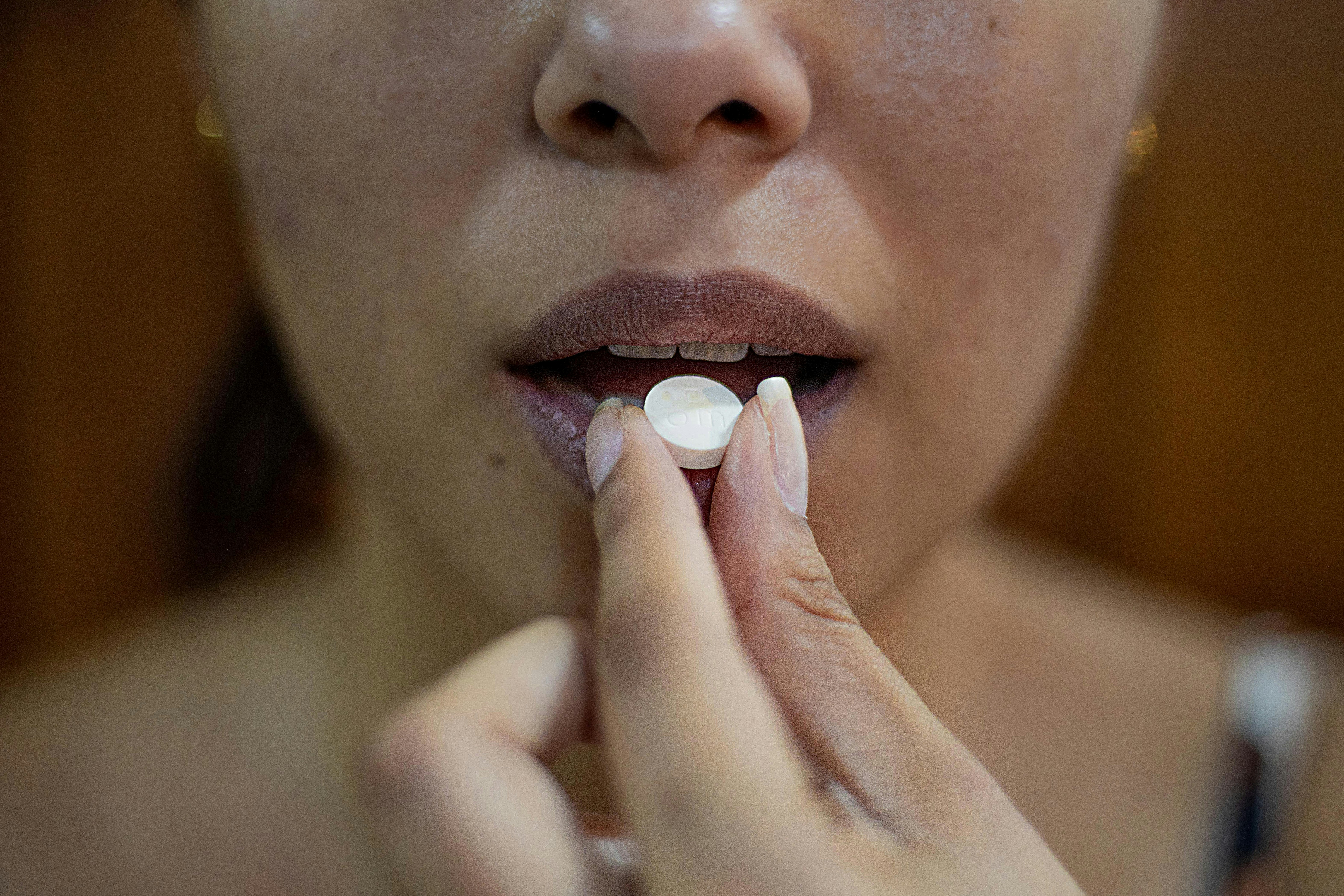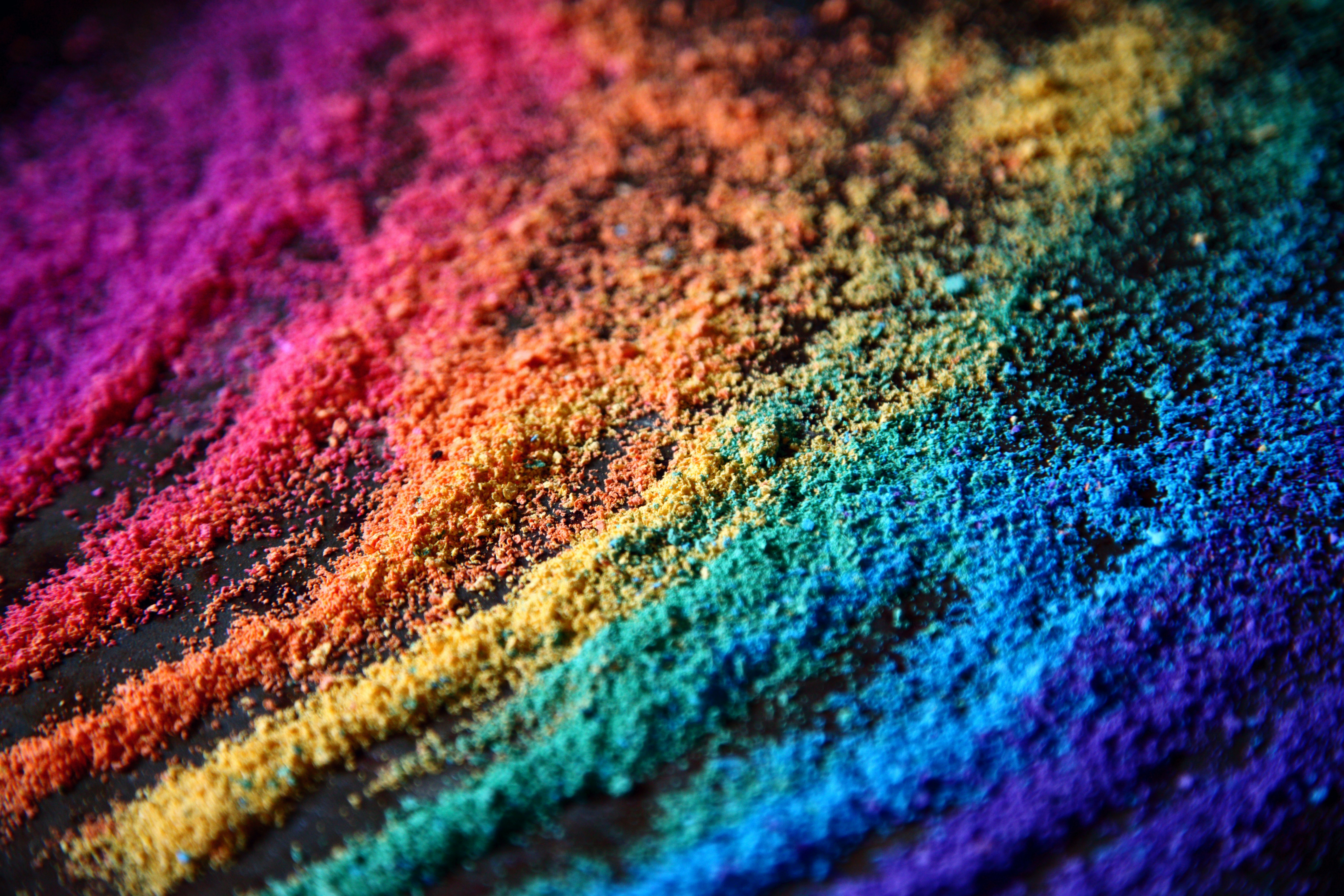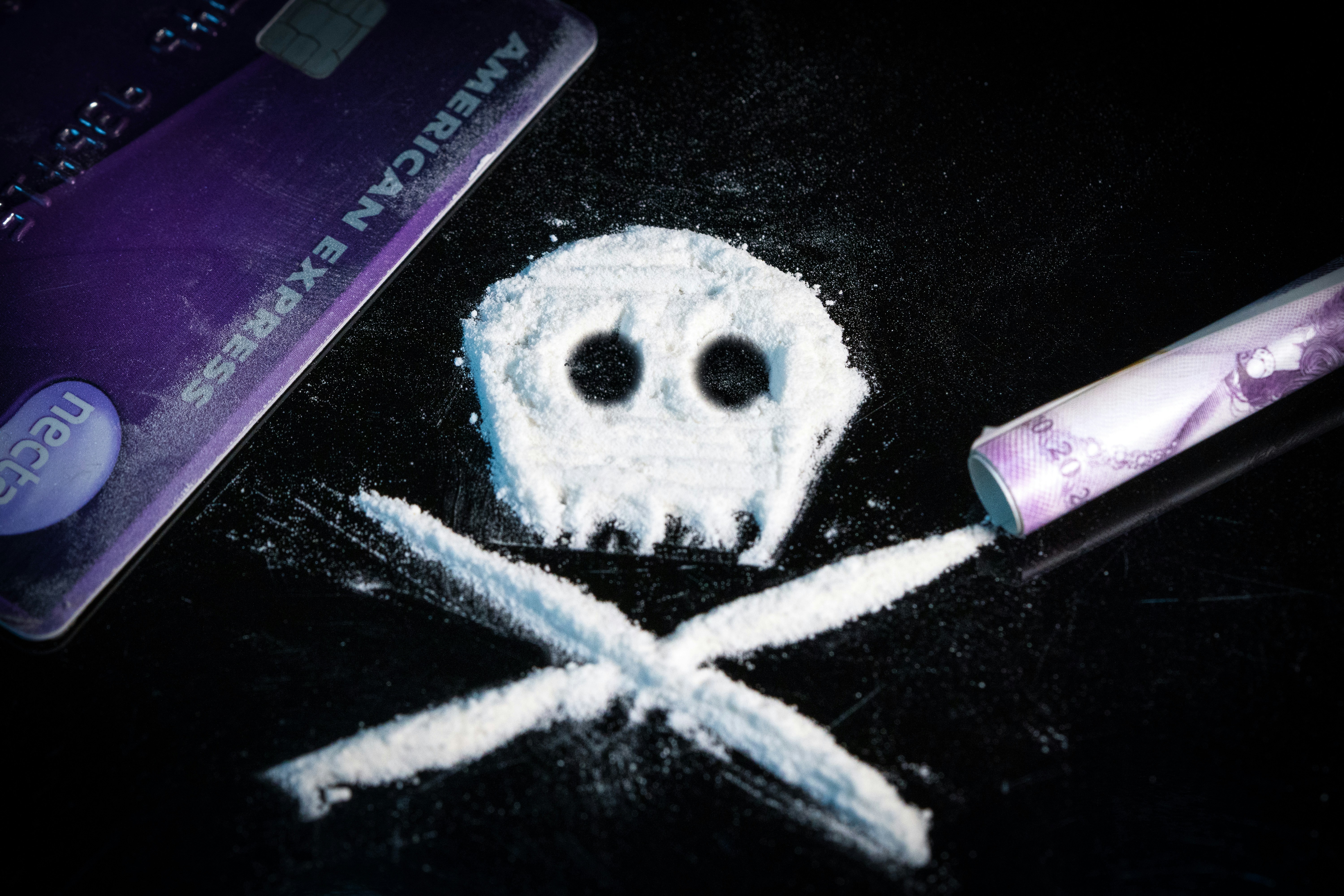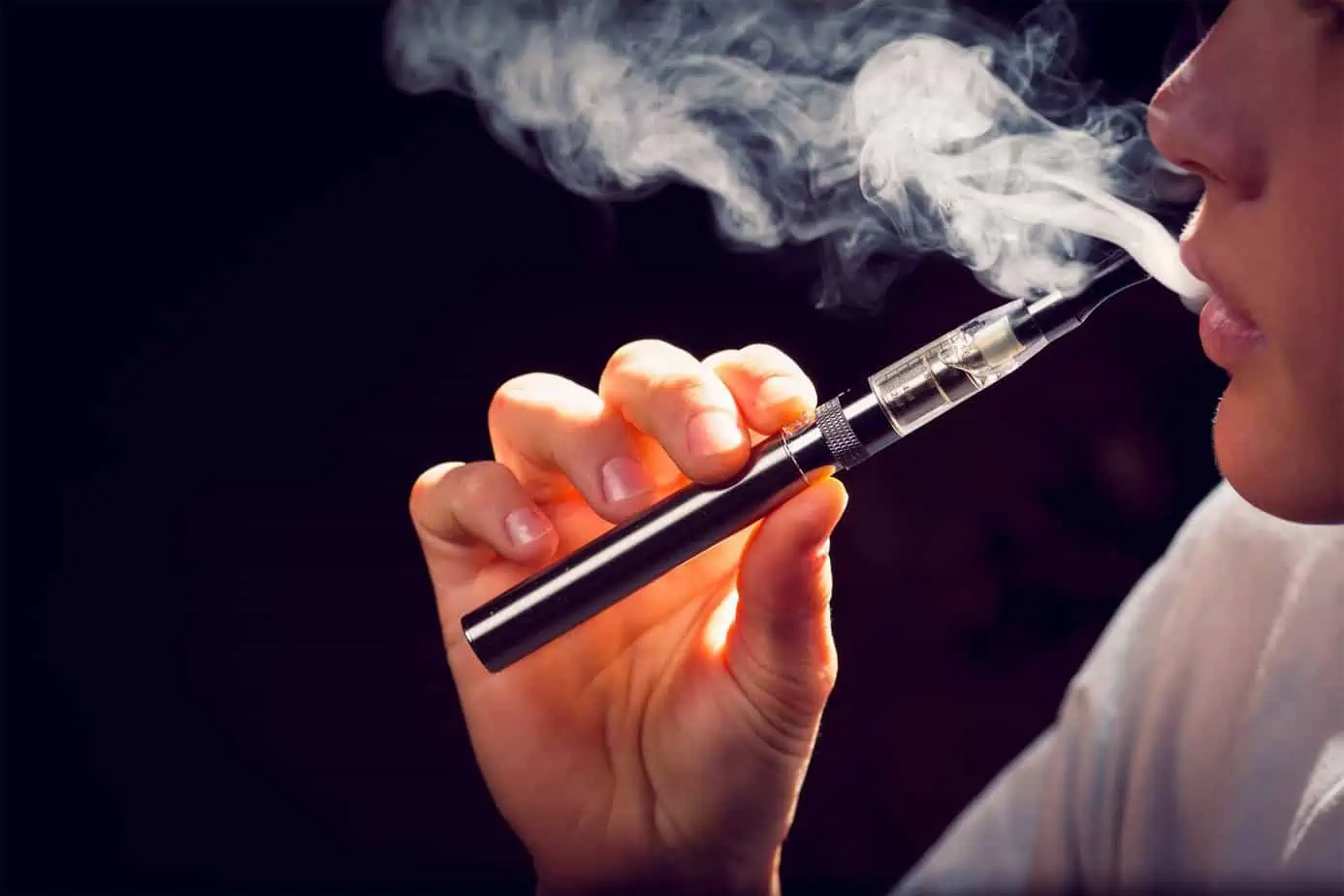Pot, weed, grass, dope – no matter what you call it, marijuana is a household name in the United States. It should come as no surprise, then, that marijuana is one of the most commonly abused drugs in the country. However, sudden increases in the drug’s potency raise concerns about the long-term effects of marijuana use, particularly in teens and young adults.
Marijuana Usage Normalized
Over the past decade, perception of cannabis as risky or harmful amongst teenagers has decreased. Research shows that many adolescents do not see marijuana as dangerous, in part, due to the legalization of the drug across the US and its normalization in popular culture.
According to a study from the National Institute on Drug Abuse, daily marijuana use increased in high school students despite stagnation in years prior. In fact, according to a CDC study conducted in 2022, 30.7 percent of US high school 12th graders reported using cannabis in the past year. Additionally, a staggering 8 percent of eighth graders, 19 percent of tenth graders, and 22 percent of twelfth graders also reported vaping marijuana within the prior year. Jana Wu, Director of Cultural Integration, says a big “group approach” surrounds marijuana, as many adolescents partake to fit in with their peers without considering the harmful side effects that coincide with use.
___________________
Related Video:
SHOWN: New York City Council Member (District 3) Erik Bottcher, and Mountainside Chief Medical Officer Dr. Randall Dwenger met at Mountainside NYC in June 2023. Originally recorded by Council Member Bottcher as an educational post for Instagram, the two discussed how the legalization and normalization of marijuana in New York City has led to a spike in addiction issues among teenagers.
___________________
Trends in Marijuana Usage
The amount of THC, the psychoactive compound responsible for the ‘high’ that people crave, found in cannabis products has changed as well. In 1995, the average concentration of THC in cannabis samples seized by the Drug Enforcement Administration was around 4 percent. By 2017, it increased to around 17 percent. Cannabis manufacturers extract THC to make oils, edibles, waxes, lollipops, and glass-like products called shatter, and advertise high THC levels that, in some cases, exceed 95 percent.
Unlike tobacco and alcohol, THC concentration is unregulated. As the potency of marijuana continues to rise, researchers are noticing an uptick in reports of intense vomiting, paranoia, and psychotic episodes resulting from cannabis use. New York, in particular, has seen a rise in hospital visits from school-aged kids who have gotten sick after ingesting or inhaling synthetic marijuana, beginning after the legalization of recreational marijuana in the state in March 2021.
Marijuana Use Among College Students
When you think of teen marijuana use, your mind may jump to college campuses, and rightfully so: use at universities reached an all-time high in 2020, with 44% of students reporting use, up from 38% in 2015. During the same period, the instance of marijuana vaping in college students doubled. Many attribute the sharp increase in drug use to both the COVID-19 pandemic, and the stresses of college life. Faced with social isolation and virtual class schedules, alongside difficult workloads, financial struggles, and potential illness, experts believe students use marijuana to escape their challenging reality.
The Impact of Marijuana on Teen Behavior
Using marijuana at an early age can have negative developmental impacts on mental capacity and behavior. Common consequences of teen marijuana use include:
- Memory loss
- Difficulty paying attention
- Trouble learning
- Poor decision making
These issues appear both in and out of the classroom. Various studies prove that students who use marijuana have a higher likelihood of receiving lower grades compared to students who do not use the drug. Engaging in much riskier habits, such as having unsafe sex, driving under the influence, and committing crimes, have also been linked to teen marijuana use.
The Impact of Marijuana on Teen Health
In addition to affecting behavior, marijuana’s impact on teens’ physical and mental health is also of concern. Certain side effects of abuse take time to emerge – schizophrenia and psychosis, for example, may only manifest after years of use. Research suggests that young adults who smoke marijuana every day are five times more likely to develop psychosis than their sober counterparts. Marijuana use can also increase teens’ risk of developing anxiety and depression, particularly if they are predisposed to mental health disorders. The risk of developing other physical health issues also drastically increases, including:
- Chronic cough
- Bronchitis
- Oral cancers
- Throat cancers
Marijuana and Addiction
Marijuana is a brain-altering addictive substance. For some teens, “casual” marijuana use has the potential to turn into marijuana use disorder. Nearly 10 percent of cannabis users become addicted, and adolescents that use marijuana are at a greater risk of developing a substance use disorder later in adulthood.
Wu shares that, “Overall, about 15 percent of people in treatment at Mountainside have a primary diagnosis of cannabis use disorder, and those who stop using the drug often become agitated and anxious.” She finds that the withdrawal process has many unpleasant side effects including irritability, insomnia, and depression.
While support for marijuana’s legalization increases nationwide, many teens still believe that marijuana is harmless. The hard truth? There is resounding evidence that adolescent use of marijuana has negative effects on the brain that persist through adulthood.
It is important to educate teens about the dangers of drug use early and encourage them to make the right decisions for themselves and their futures. If you notice your child or friend exhibiting signs of marijuana use, don’t hesitate to get help. The longer substance abuse goes untreated, the more dangerous it can become.
If you or a loved one is struggling with addiction, Mountainside can help.
Click here or call (888) 833-4676 to speak with one of our addiction treatment experts.

 By
By 







